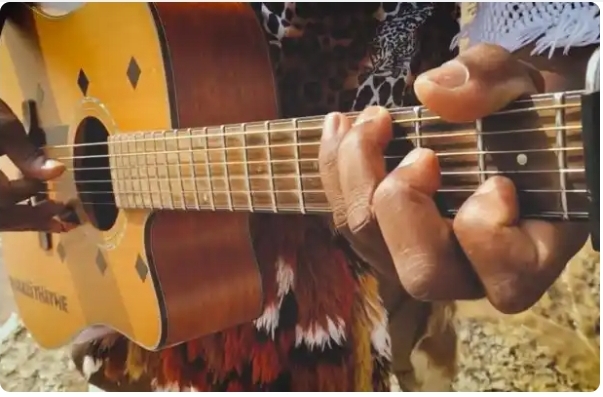
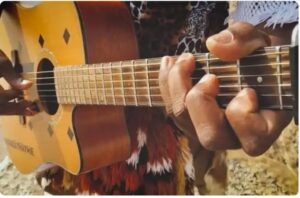
Maskandi music—a vibrant genre of South African folk music with a rich history. Maskandi music is a style that holds significant cultural and historical importance in South Africa, particularly amongst the Zulu community. Originating in the province of KwaZulu-Natal, maskandi music is a unique blend of traditional Zulu music, guitar, and storytelling.
It’s known for its distinctive guitar sound, which often uses a picking style called “ukuvamba.”
The genre is also characterized by its use of call-and-response vocals, where the lead singer is answered by a chorus. The genre has evolved over time, with some artists incorporating elements of other styles like reggae and pop.
The term “maskandi” translates to “amateur” or “wandering minstrel” in Zulu. It is believed that this style of music emerged in the mid-20th century when Zulu migrant workers who had left rural areas in search of work in urban centers began incorporating Western instruments, particularly the guitar, into their traditional music.
At its core, maskandi music is characterized by its rhythmic guitar picking style, often accompanied by the concertina, a small accordion-like instrument, as well as vocals that narrate stories and reflect the lives of the Zulu people. The lyrics cover a wide range of topics including love, social issues, Zulu traditions, and historical events.
One of the most recognizable features of maskandi music is the use of polyrhythms, where multiple rhythms are played simultaneously. This creates a vibrant and energetic sound that is often accompanied by traditional Zulu dance, known as “isishameni.”
Traditionally, maskandi music was performed by solo artists who would wander from village to village, earning their living through their music. However, in recent years, the genre has evolved to include larger ensembles and band formations, bringing a more contemporary feel to the music while still maintaining its traditional roots.
Artists like the legendary Phuzekhemisi and the iconic Johnny Clegg played a crucial role in popularizing maskandi music both locally and internationally. Their fusion of Zulu and Western musical influences helped bring the genre to a wider audience, earning it recognition beyond the Zulu community.
Today, maskandi music continues to thrive as a prominent aspect of Zulu culture. It serves as a means of cultural preservation, ensuring that traditional Zulu customs and history are passed down through generations. The music not only entertains but also educates listeners on the traditions, struggles, and aspirations of the Zulu people.
Maskandi music festivals and competitions, such as the prestigious Maskandi Music Festival, attract thousands of attendees each year, showcasing the diverse talent within the genre. These events not only provide a platform for emerging artists but also celebrate the rich heritage of maskandi music.
In conclusion, maskandi music holds a significant place in the cultural fabric of South Africa, particularly in the Zulu community. Its unique blend of traditional Zulu music and Western influences, along with its storytelling element, creates a captivating and distinctive musical experience. Through its rhythms, melodies, and lyrics, maskandi music continues to evoke a sense of pride, identity, and unity among the Zulu people.
The social and political commentary in Maskandi lyrics
Maskandi music is a traditional genre that originated in the Zulu culture of South Africa. It is characterized by its distinctive guitar-driven sound and lyrical storytelling. While much of the music focuses on themes of love, relationships, and everyday life, Maskandi lyrics also often contain social and political commentary.
One common theme in Maskandi lyrics is the depiction of social inequality and poverty. Many songs address the struggles faced by ordinary people, particularly those living in rural areas. These lyrics highlight the disparity between the rich and the poor, and the realities of living in a socioeconomically imbalanced society. The lyrics may criticize government policies or corruption, pointing out the lack of opportunities and resources available to the marginalized communities.
Another recurring topic in Maskandi lyrics is the preservation of cultural identity. The songs often celebrate Zulu heritage and tradition, emphasizing the importance of preserving cultural roots in the face of modernization and globalization. These lyrics may touch on the loss of indigenous language, cultural practices, and values, urging listeners to stay connected to their heritage.
Maskandi lyrics also engage with political issues and advocate for social change. Some songs address the history of apartheid and the struggles of the anti-apartheid movement, paying tribute to the activists and heroes of the past. Others may comment on the current political climate, voicing opinions on issues such as corruption, crime, and governance. These lyrics can be seen as a form of social commentary, encouraging listeners to be critical of the status quo and actively engage in shaping a better future.
Overall, Maskandi lyrics provide a platform for artists to express their thoughts and opinions on social and political issues. By doing so, the genre not only entertains listeners but also serves as a reflection of the society and a medium for dialogue and awareness.
The role of Maskandi in South African culture
Maskandi music plays a significant role in South African culture, particularly within the Zulu community. It serves as a powerful cultural expression and a means of preserving traditions, promoting social cohesion, and providing a voice for marginalized communities. Here are some key aspects of the role of Maskandi in South African culture:
Preserving Cultural Heritage: Maskandi music is deeply rooted in Zulu culture and tradition. It is often sung in the Zulu language and incorporates elements of storytelling and oral history. Through its lyrics and melodies, Maskandi music helps to preserve and transmit cultural knowledge, values, and customs from one generation to another.
Community and Identity Formation: Maskandi music is closely tied to a sense of community and identity. It is often performed during community gatherings, weddings, funerals, and cultural events, serving as a unifying force that brings people together. Maskandi artists are seen as cultural ambassadors and representatives of their communities, and their music helps foster a sense of pride and belonging among listeners.
Social Commentary and Activism: As mentioned earlier, Maskandi lyrics often contain social and political commentary, addressing issues of social injustice, inequality, and political struggles. The genre has a history of being used as a platform for activism and social change. Through their songs, Maskandi artists express the concerns and aspirations of their communities, acting as societal commentators and catalysts for positive change.
Economic Empowerment: In addition to its cultural significance, Maskandi music has also become an important source of livelihood for many artists. Through performances, recordings, and other income-generating opportunities, Maskandi musicians are able to support themselves and their families, contributing to local economies and the creative industries in South Africa.
Tourism and Cultural Exchange: Maskandi music has gained international recognition and has become a draw for tourists interested in South African culture. The genre has also influenced and been influenced by other musical styles, leading to cross-cultural collaborations and musical fusions. Through these interactions, Maskandi helps to promote cultural exchange and understanding on a global scale.
In conclusion, Maskandi music holds a central place in South African culture, particularly within the Zulu community. It serves as a means of preserving traditions, promoting social cohesion, and providing a voice for social and political commentary. The genre’s cultural significance extends beyond its artistic value, as it contributes to economic empowerment, tourism, and cultural exchange both within South Africa and beyond.

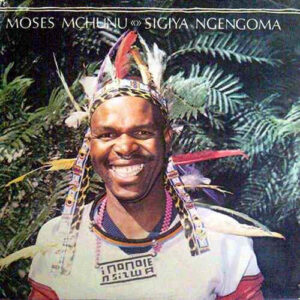
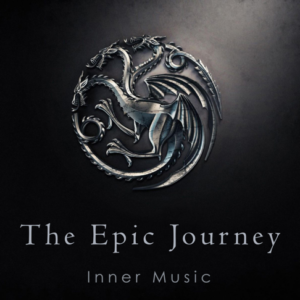
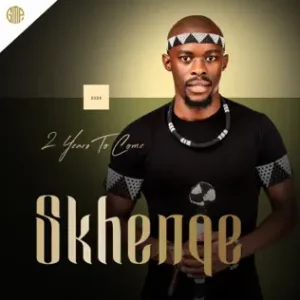
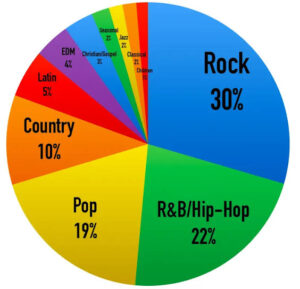

1 thought on “Maskandi music”